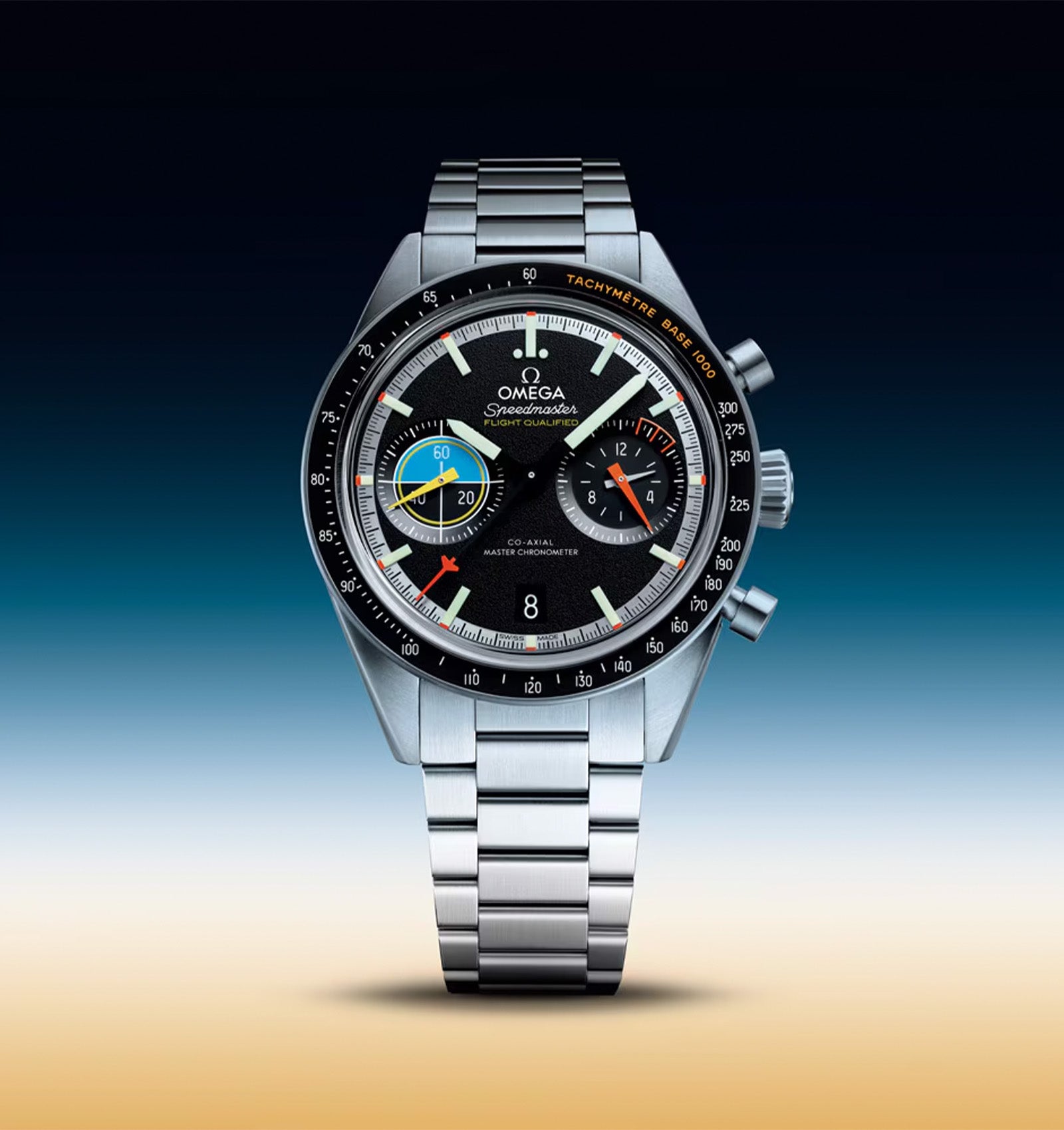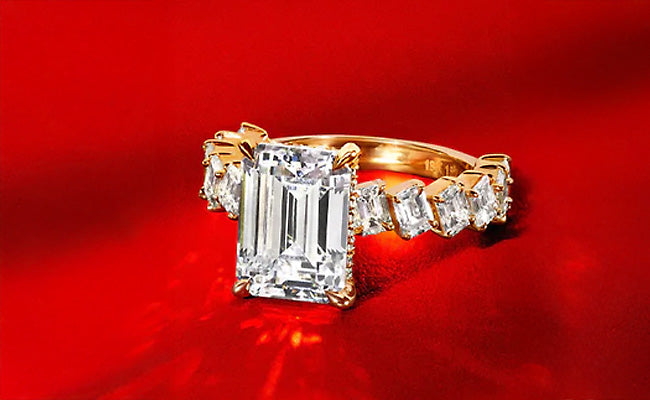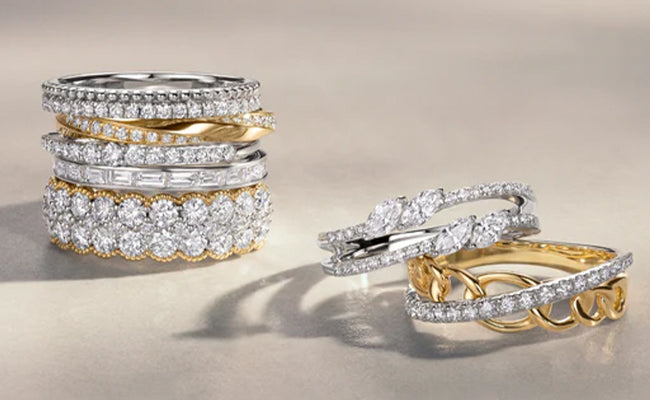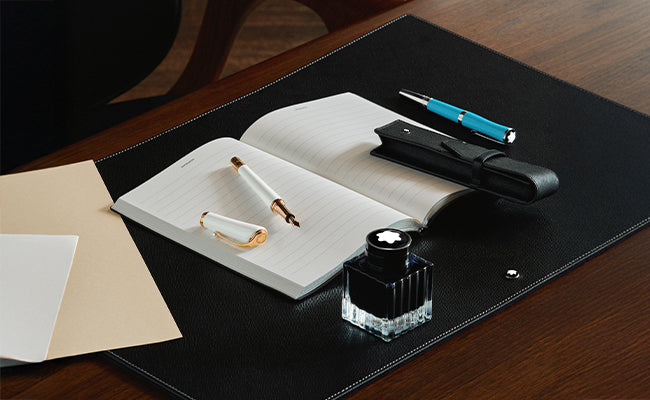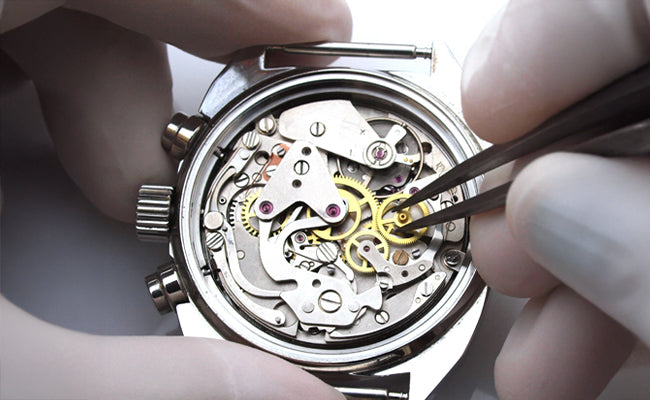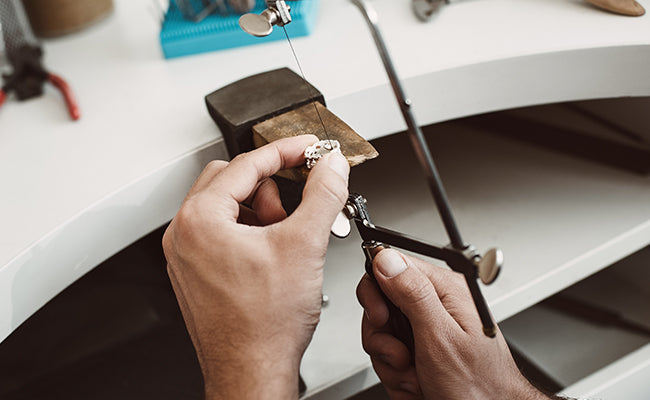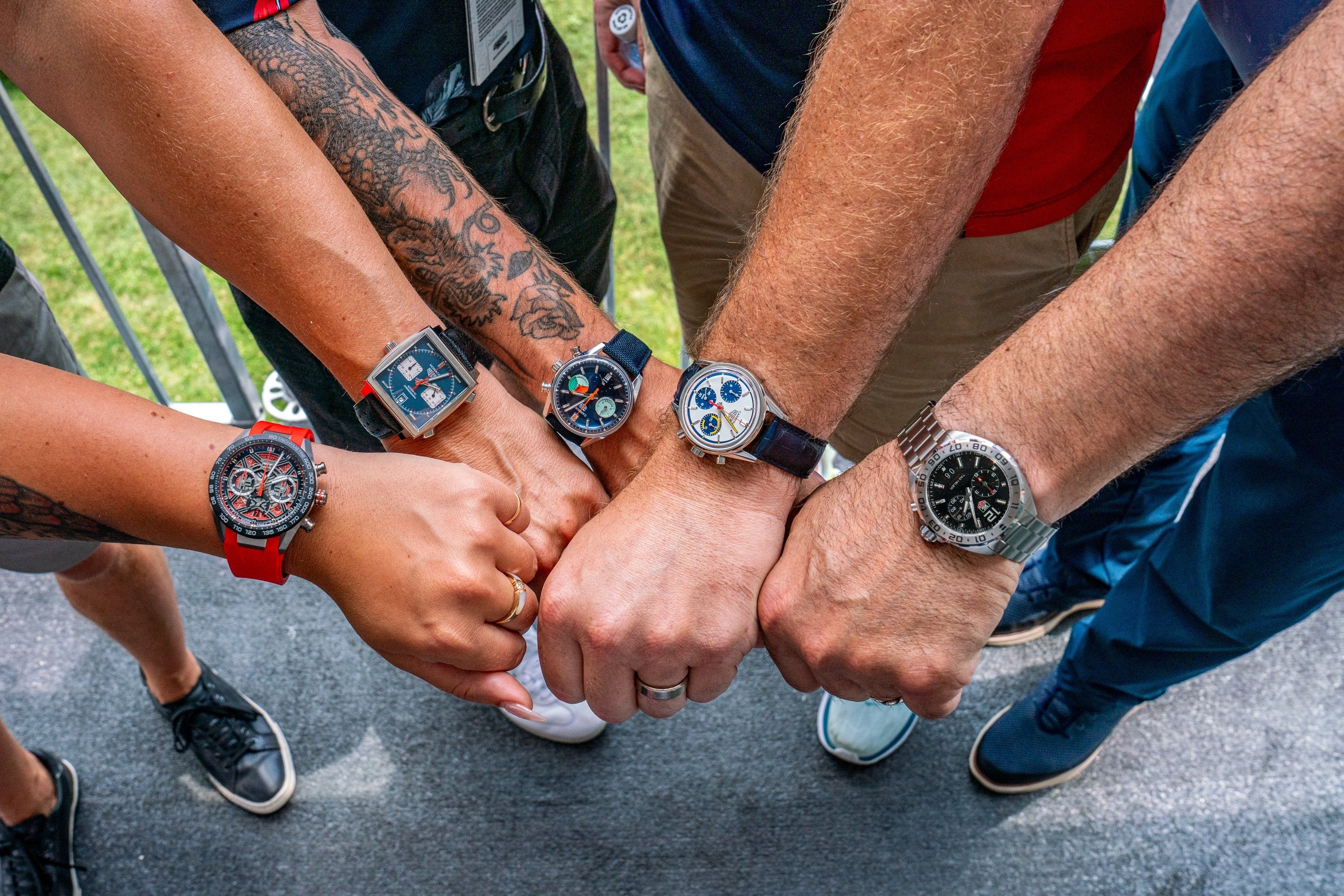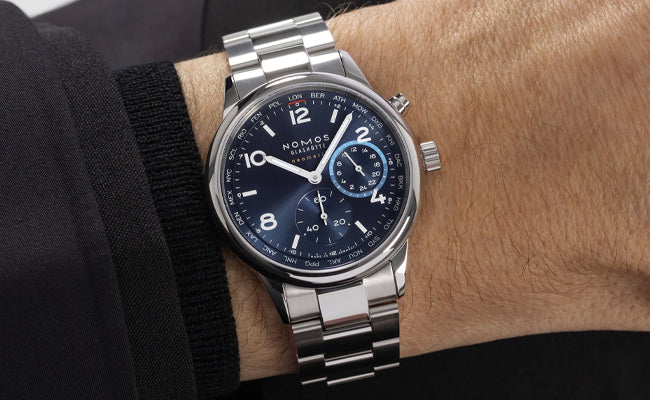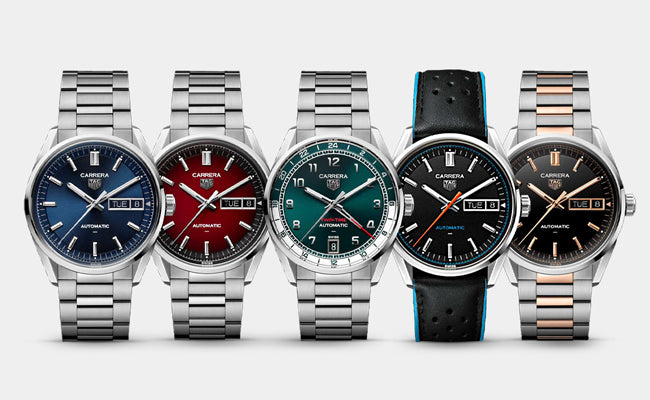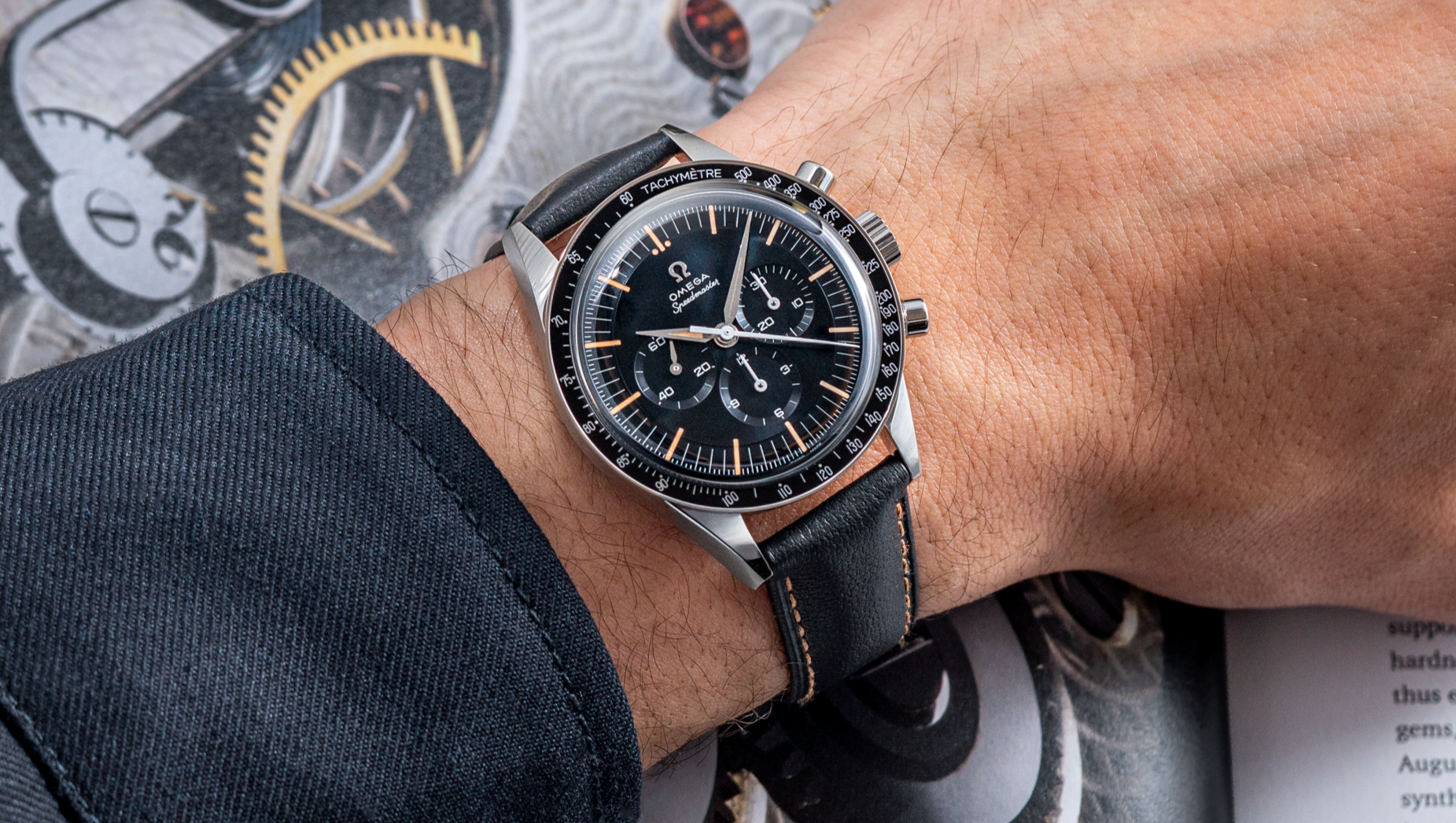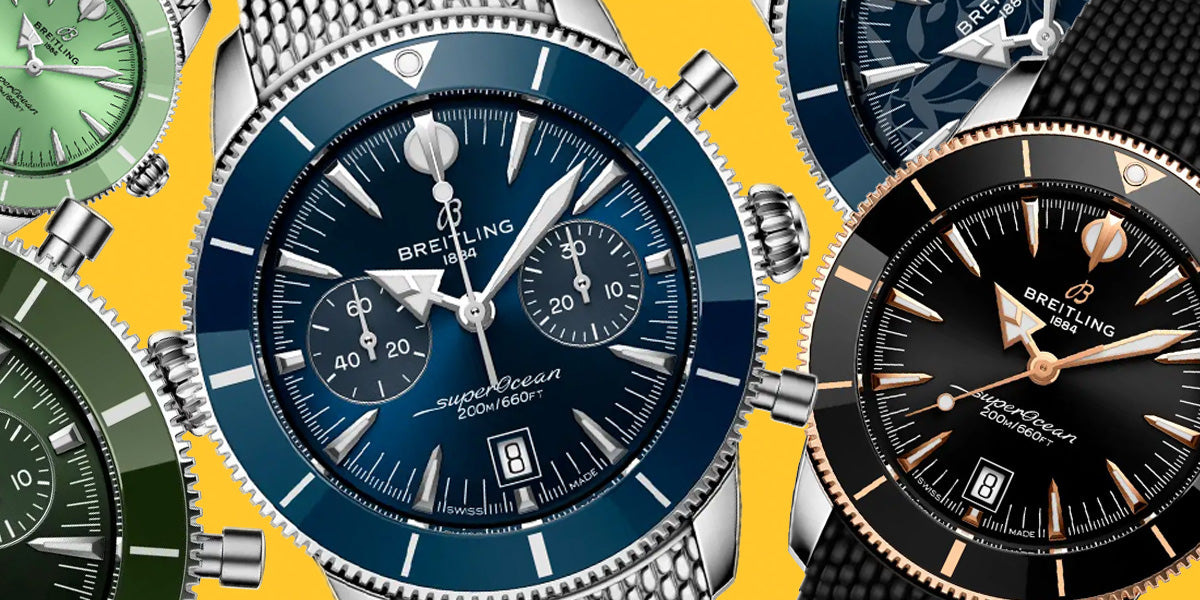Watch Anatomy: 12 Terms to Know
Whether you’re drawn to watches for their design, their mechanics, or their history, understanding the components that make up your timepiece offers a deeper appreciation for how it all comes together.
Let’s take a closer look at how those pieces fit and what they actually do.

1. Case
The case is the outer shell that houses and protects the watch’s internal mechanisms. It’s often crafted from materials like stainless steel, titanium, ceramic, or precious metals, and it defines both the durability and presence of the watch on the wrist. Cases come in many shapes—from classic round to cushion, square, and tonneau.

2. Dial
The dial is the face of the watch, where the time and other functions are displayed. It includes hour markers, hands, and often a visual layout that reflects the brand’s design language. Many dials also feature complications, functions beyond standard timekeeping, such as date displays, moonphase indicators, and chronographs. Dial finishes, textures, and color schemes vary widely and are often what give a timepiece its character.

3. Hands
The hands are the indicators that move across the dial to show the hours, minutes, and seconds. Some watches may also include additional hands for complications like a GMT hand or chronograph registers. Shapes and styles of hands, from Snowflake to sword, can significantly affect the personality of the watch.

4. Bezel
The bezel is the ring that frames the crystal and helps secure it in place. Bezels can be fixed, decorative, or functional. On dive watches, a unidirectional rotating bezel is used to track time underwater. On GMT or pilot watches, bezels may feature 24-hour or tachymeter scales. Materials range from aluminum and steel to ceramic and sapphire.

5. Crystal
The crystal is the transparent covering that protects the dial. Watch crystals are typically made from one of three materials:
• Acrylic – Lightweight and impact-resistant, but prone to scratching
• Mineral Glass – More scratch-resistant than acrylic
• Sapphire Crystal – Highly scratch-resistant and used in most luxury watches
Many sapphire crystals also feature anti-reflective coating for improved legibility.

6. Crown
The crown is the small knob on the side of the case used to set the time and complications. In mechanical watches, it also winds the movement. Screw-down crowns help enhance water resistance, especially in sport and dive watches.

7. Pushers
Pushers are additional buttons located near the crown that operate specific complications—most commonly, chronographs. They allow the wearer to start, stop, and reset timing functions or interact with features like calendars.

8. Lugs
Lugs are the extensions from the case that secure the strap or bracelet. Lug width is a key measurement when replacing a strap, while the lug-to-lug distance helps determine how a watch wears on your wrist.

9. Strap or Bracelet
This is the part that attaches the watch to your wrist. Straps are usually made from leather, rubber, or textile. Bracelets are made from metal, typically in stainless steel, titanium, or gold. Both options play a significant role in the overall comfort and appearance of a watch.

10. Movement
Often referred to as the “heart” or “engine” of the watch, the movement powers all of the timekeeping and complications. Movements fall into three main categories:
• Mechanical (Manual-Wind) – Powered by winding the crown
• Automatic – Self-winds through the motion of the wrist
• Quartz – Battery-powered and extremely accurate
Mechanical and automatic movements are valued for their craftsmanship and the tradition they represent. These movements require regular servicing, typically every 3 to 5 years, to maintain performance and prevent wear. One of their most recognizable traits is the smooth, sweeping motion of the seconds hand, compared to the distinct tick of a quartz watch. Quartz movements offer accuracy, reliability, and minimal maintenance aside from the occasional battery change.

11. Complications
A complication is any function on a watch that goes beyond telling the time. This can include a date window, chronograph, moonphase, GMT, day of the week, or even a perpetual calendar. Complications are both technical and aesthetic enhancements, showcasing the watchmaker’s engineering capabilities.

12. Caseback
The caseback is the rear cover of the watch. It can be solid, engraved with logos, specs, serial numbers, or transparent (often sapphire crystal), revealing the movement inside. Exhibition casebacks are especially popular among enthusiasts who appreciate movement finishing and mechanical detail.
Like any mechanical object built for precision, a watch benefits from regular maintenance to keep it running as intended. At Sheiban Jewelers, we’ve been caring for fine timepieces for five generations. When you bring your watch in for service, you can trust it will be handled with the expertise and attention it deserves. Our Northeast Ohio team services a wide range of watches and specializes in luxury brands including Omega, Breitling, Rolex, TAG Heuer, TUDOR, Rado, Hamilton, Tissot, Longines, and more. Learn More about our Watch Service Center or schedule an appointment today.

